Clean trucks—a lot to love 💗
Thanks to decades of work by scientists, climate advocates, and community organizers, more people than ever recognize the climate crisis as a clear and present threat to communities and ecosystems worldwide.
However, the climate movement needs to build more critical mass. We need more people to embrace the clean energy transition as urgent, achievable, and even desirable. We need communities, organizations, and businesses to reduce their gas and oil use and rapidly adopt clean energy solutions. We need climate advocates to share more relatable stories highlighting excitement and human connection over jargon and technicalities. We need a vocal and influential bloc of well-informed policymakers and elected officials to prioritize climate action at every level. Most of all, we need hope.
To meet this moment and help our cause prevail, we're harnessing the power of narrative and storytelling to personalize and transform public perception about the climate crisis and its clean energy solutions.

We should have more clean trucks on the road and we can if state leaders step up.
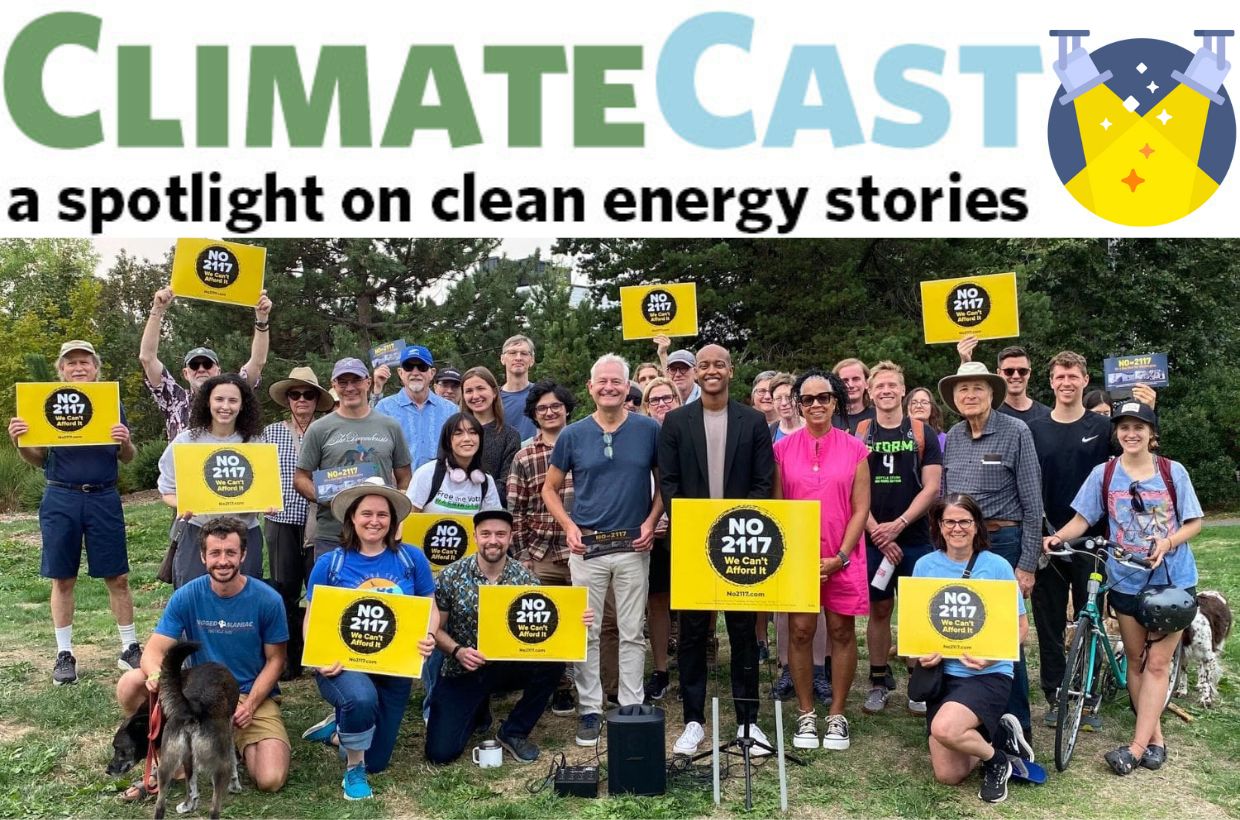
Despite a bleak outlook for climate action nationally, the people of the Pacific Northwest showed up in a big way this November, demonstrating that when communities get organized and work together for a healthier future, we can accomplish remarkable victories.
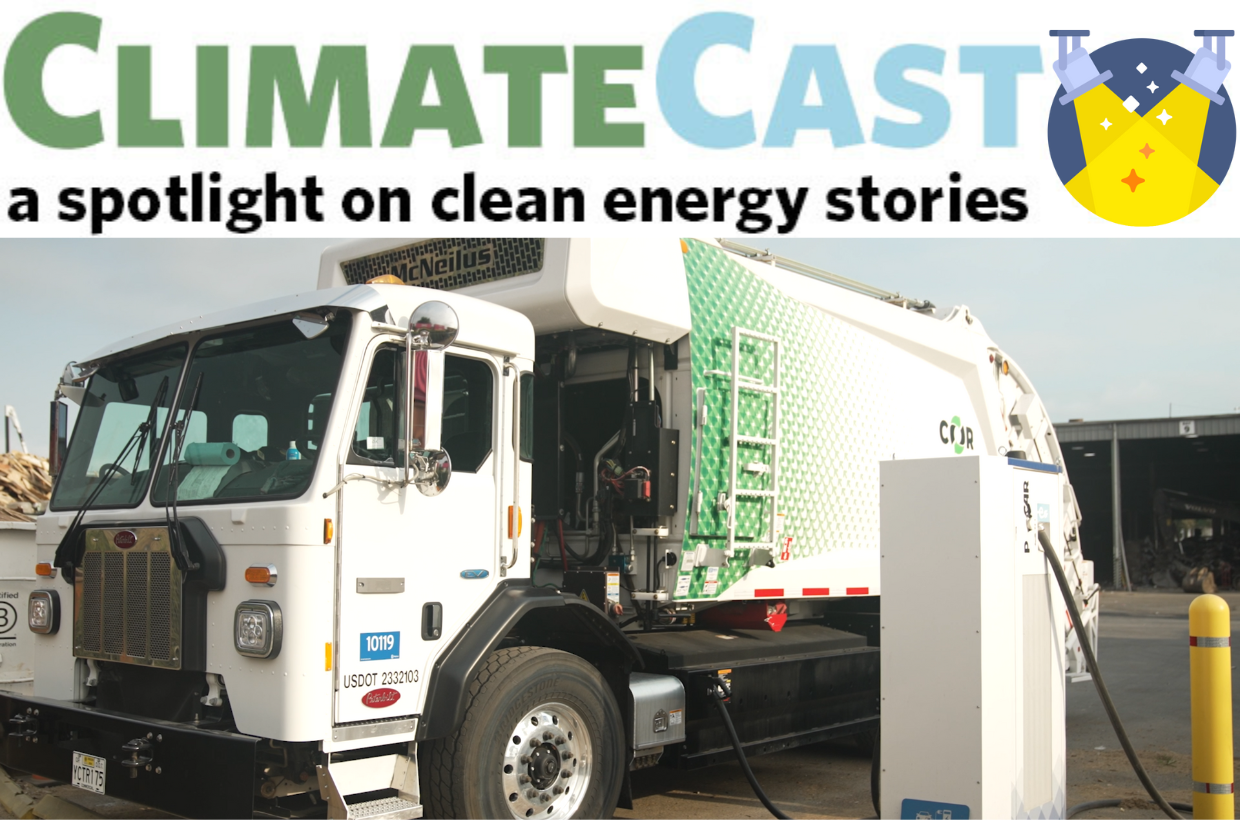
City of Roses (COR) Disposal & Recycling is making history as the first trash hauler in Portland to operate zero-emission electric garbage trucks.
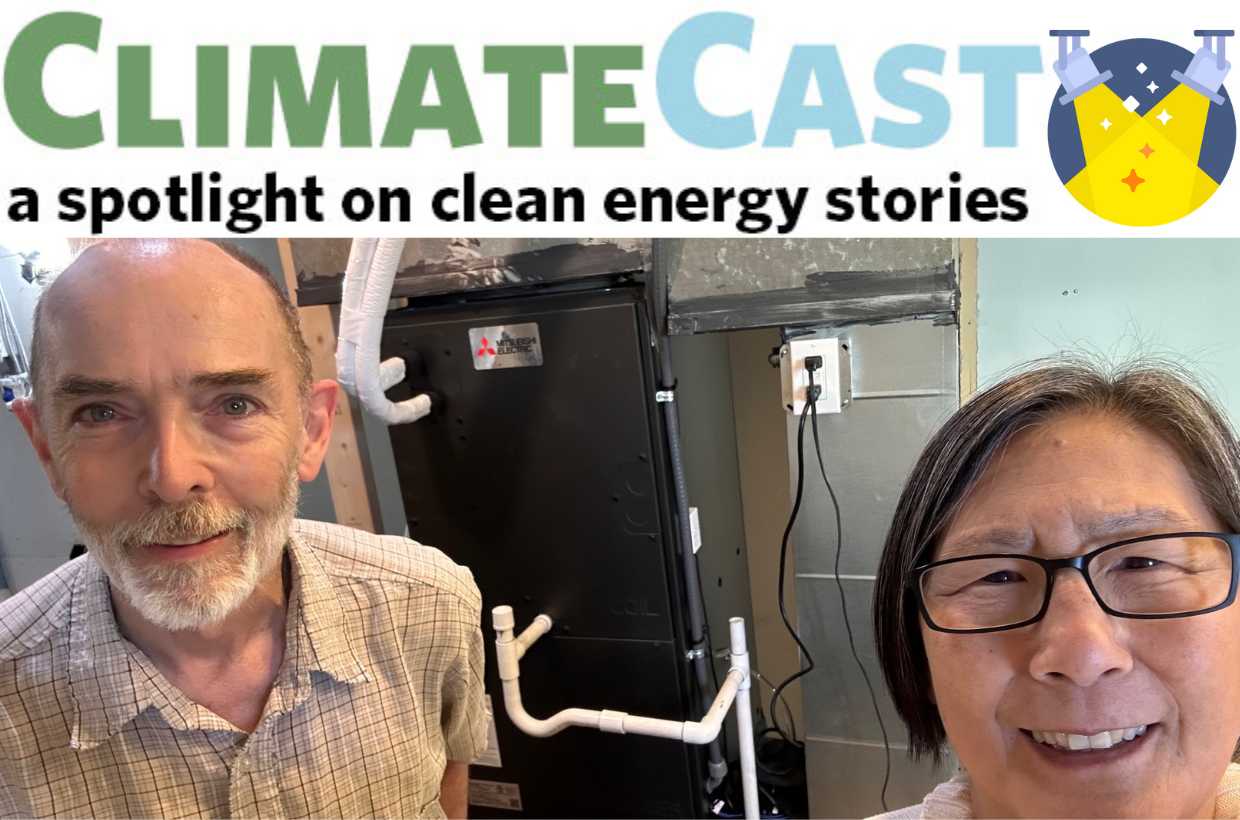
Between several state and local clean energy incentives and heat pump rebate programs, Stella saved over $6,000 by replacing her oil furnace with an electric heat pump. However, clean energy success stories like Stella’s would be endangered if Initiative 2066 passes in Washington.
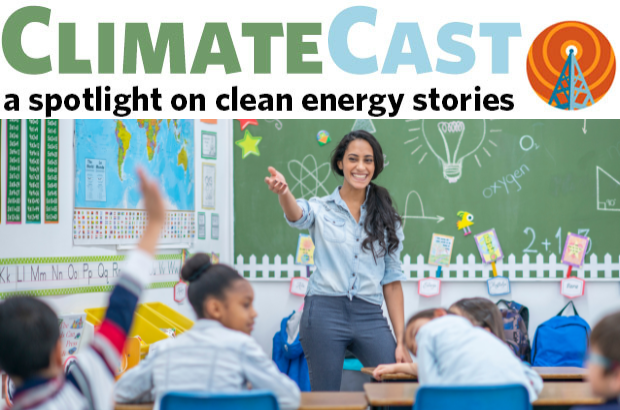
Washington’s students and schools will receive considerable benefits from the Climate Commitment Act, but Initiative 2117 threatens these critical investments.
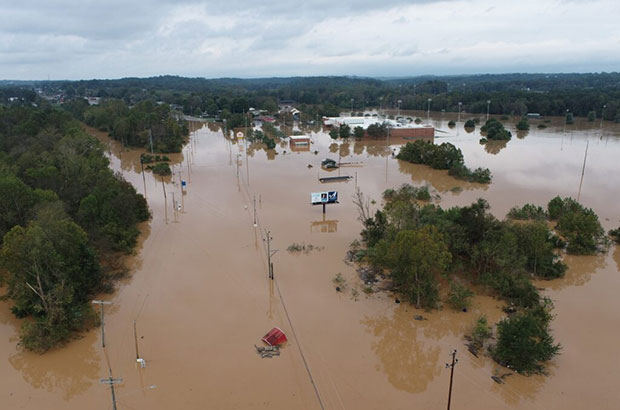
An unexpected climate catstrophe is providing a dramatic demonstration that no regions are outside the risk zone for climate-fueled disasters.
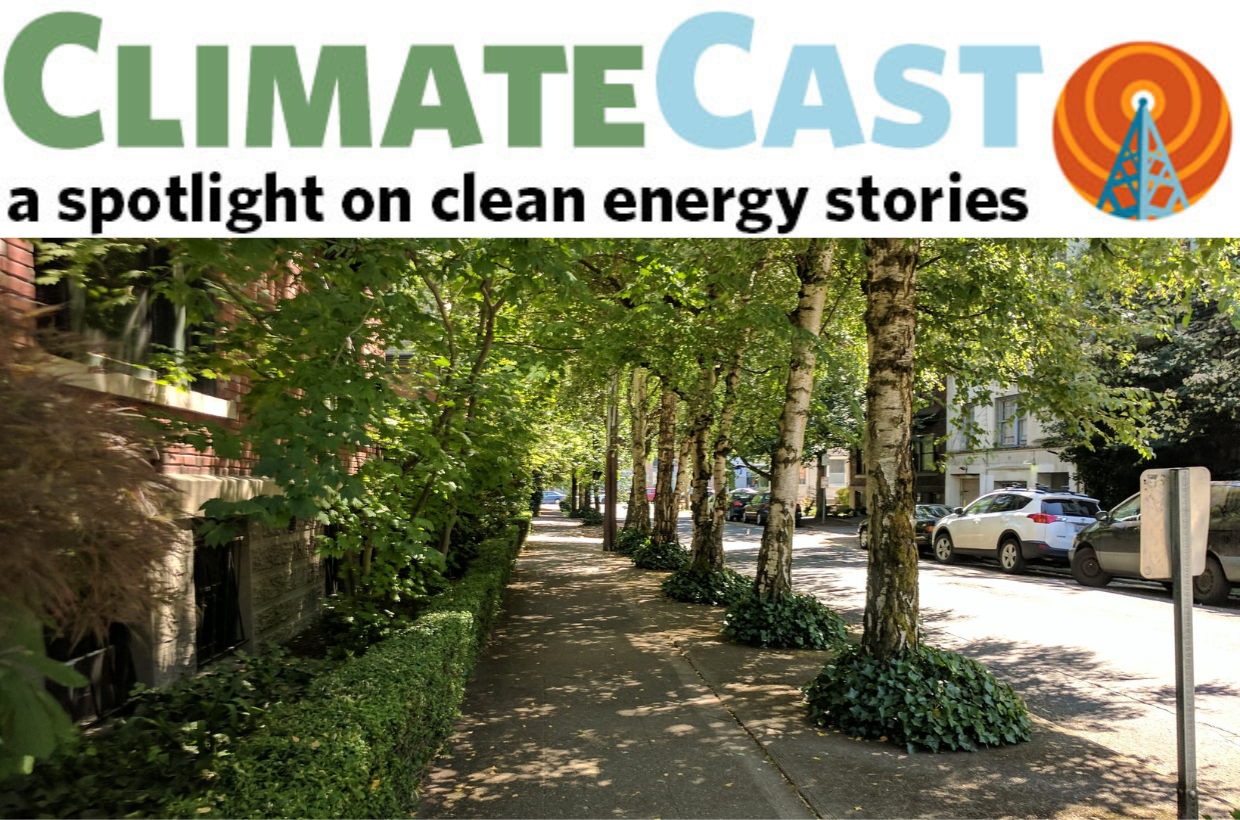
Urban heat islands are caused by too many buildings and not enough green space. Accordingly, a natural solution is to add greenery back into cities.
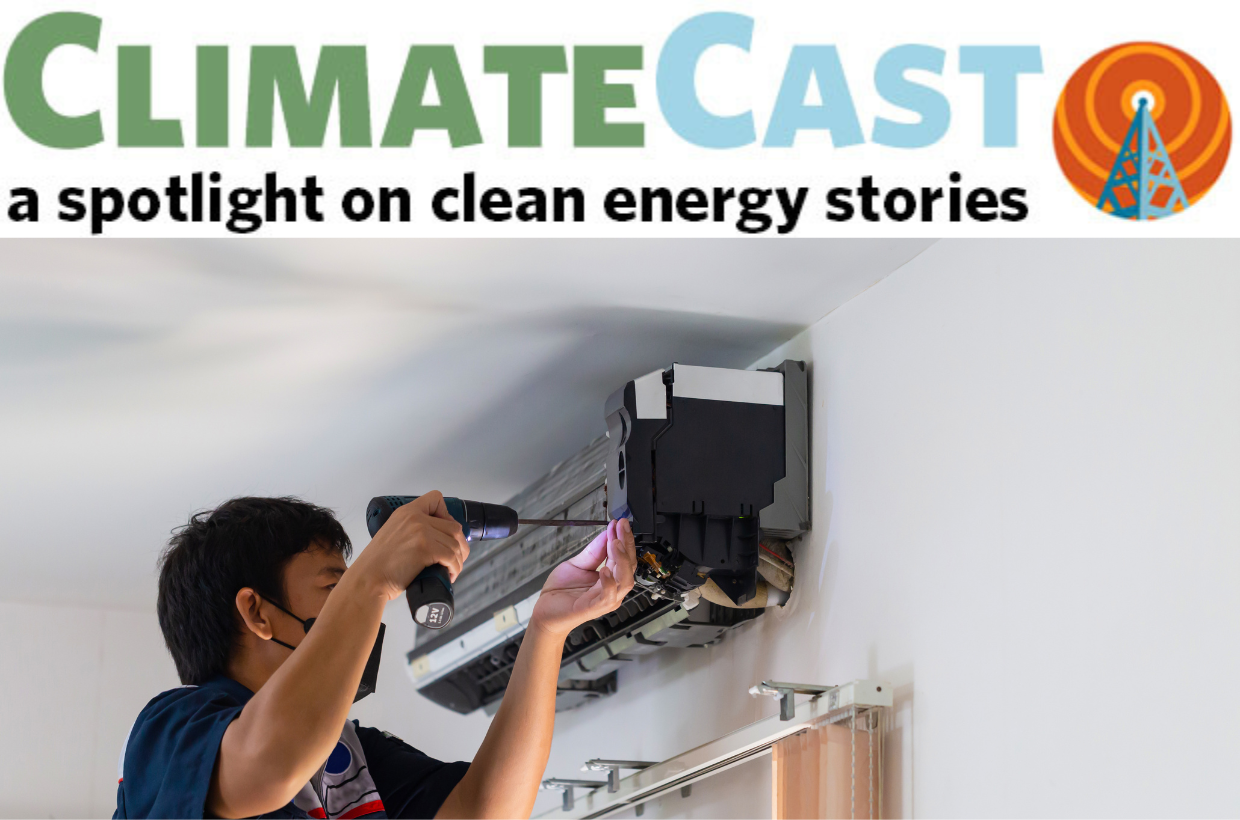
Amidst another extreme and record-breaking heat wave, affordable and energy-efficient cooling is essential for everyone. Electric heat pumps can make that happen.
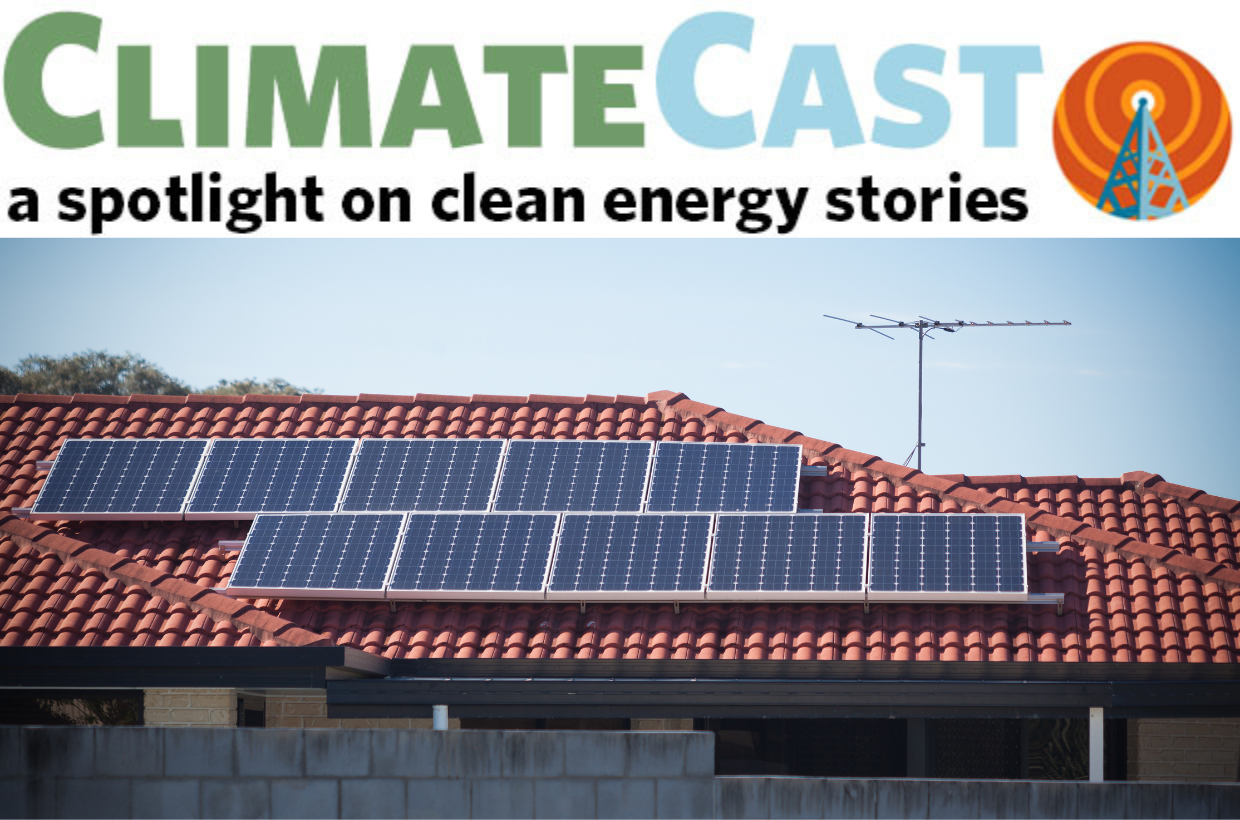
The state of Oregon was recently awarded $86 million for rooftop solar projects for lower-income residents. The extra cool news: combined with existing federal and state solar incentive programs, this may bring the upfront costs of rooftop solar to nearly zero for many eligible households.
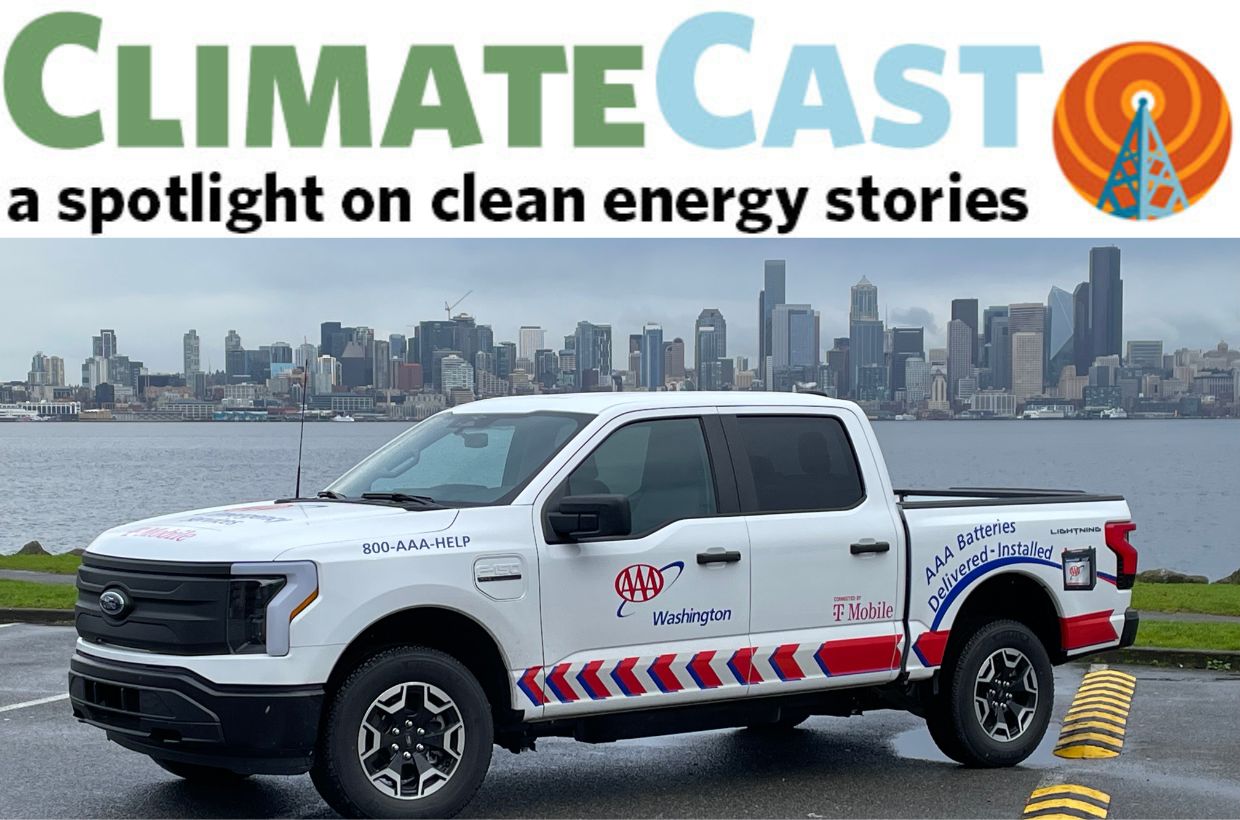
As the largest provider of roadside assistance services in the Evergreen State, AAA Washington responds to calls for all kinds of jams — and soon they’ll be responding to help with more fossil-free vehicles.
Story content published between 2012 and 2018 was developed as part of our initial Solutions Stories project. It sought to capture and communicate the success stories on the ground about building a clean energy economy in the Pacific Northwest. The project showcased stories aimed at reaching policymakers and other key audiences that influence those drivers and decision-makers on climate and clean energy policy.
This project was placed on hiatus in 2018, but helped inspire Climate Solutions' present-day storytelling and narrative efforts.
Join our email list to learn about what we do and how to get involved.